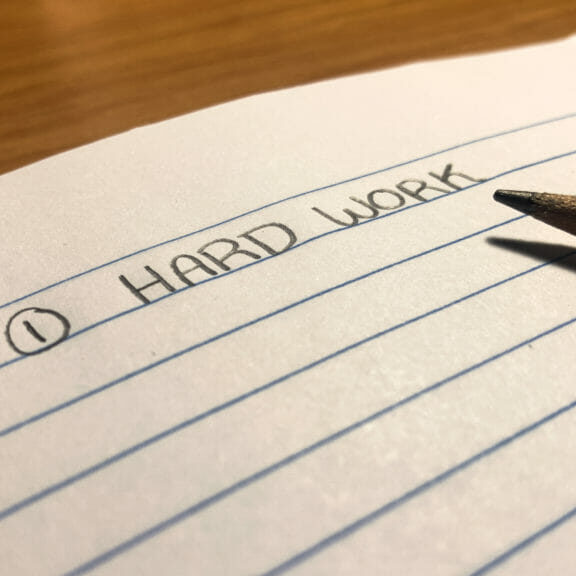
The next decade seems as if it will bring a series of difficult years for everyone, given the political, environmental, and humanitarian crises intensifying around the globe. These years will be particularly hard for Canadian millennials as they search for ways to establish themselves as independent working adults.
With tuition fees increasing and a lack of living wages, students are taking longer to graduate from post-secondary institutions and remain in unstable, underpaid jobs into their late twenties. Employment is no longer the stable long-term payoff for hard-working graduates; careers are less easily established. In addition, the overinflated property values across Canada result in the inability of many early-career employees to purchase homes, which has a long-term effect on the development of families and the community. With the dim prospects, the impetus for students to work hard has waned. What’s the point if the pay-off of that work doesn’t equate to the effort put in?
Changing times
In the 20th century, working hard in high school had the reward of securing a place in post-secondary education or immediate full-time employment often with on-the-job training. Working hard in college or university carried with it the incentive of an assured career that came with a comfortable middle-class salary and employee benefits. Working hard at one’s job meant cost-of-living increases and the assurance of continued employment with the same company for one’s entire working life, followed by an adequate retirement income from both company and government. Now, skilled and educated job seekers are fighting to secure positions that are full-time. Employers are hiring part-time and casual workers to avoid paying higher wages and benefits. The threat of termination — or company dissolution — is a lingering worry. Retirement ages are increasing, employers do not provide savings plans, and the Canadian Pension Plan isn’t working anymore.
One must consider whether working hard, whether that be at a school or at a job, is worth the effort. If traditional rewards are no longer probable, is it worth the effort of obtaining higher education or excelling at one’s job? I suggest a qualified “yes.” Despite the seemingly gloomy future, there are many good reasons why working hard is still a valid ethic both for individuals and society. Just as the famous Latin motto “Ars gratia artis,” art for art’s sake, claims, hard work can be valuable for the sake of hard work. As individuals, we often need to keep ourselves occupied in what we deem to be worthwhile pursuits. Hard work, whatever its form, can make us feel alive and content. The effort itself is satisfying as are the end results and knowledge of having succeeded in that effort. This is equally valid in study, work, and leisure: humans like to do well.
The benefits of hard work
Further, hard work prepares a person for the real-world difficulties they encounter in their entire lives, regardless of generational differences. Developing concentration, organization, and other skills through hard work provides valuable tools for navigating both the familiar and unfamiliar and finding solutions when non-traditional ones are ineffective. This includes pathways for the future as well as a psychological sturdiness with which to face difficult circumstances during life. In addition, the longer university completion times and necessity to work in more than one field can provide a wide range of interests, knowledge, and skills while making a person more adaptable to a more unstable employment market.
Working hard can still offer traditional rewards as well. However, when I think about what can come with those traditional rewards, I am reminded of the work cycle within which we tend to get trapped: getting up, working a full day, going home so we can do the same thing the next day. Perhaps that is not what we should consider as the reward of working hard in the twenty-first-century version of the ‘20s. If education, employment, and lifestyles have moved away from an old system that rewarded hard work with job security and a stable lifestyle, then we can take our earnest efforts and create a new system that works for our new normal. We need to transform what constitutes hard work into a tangible future, relevant to millennials and modifiable for the generations to come.






